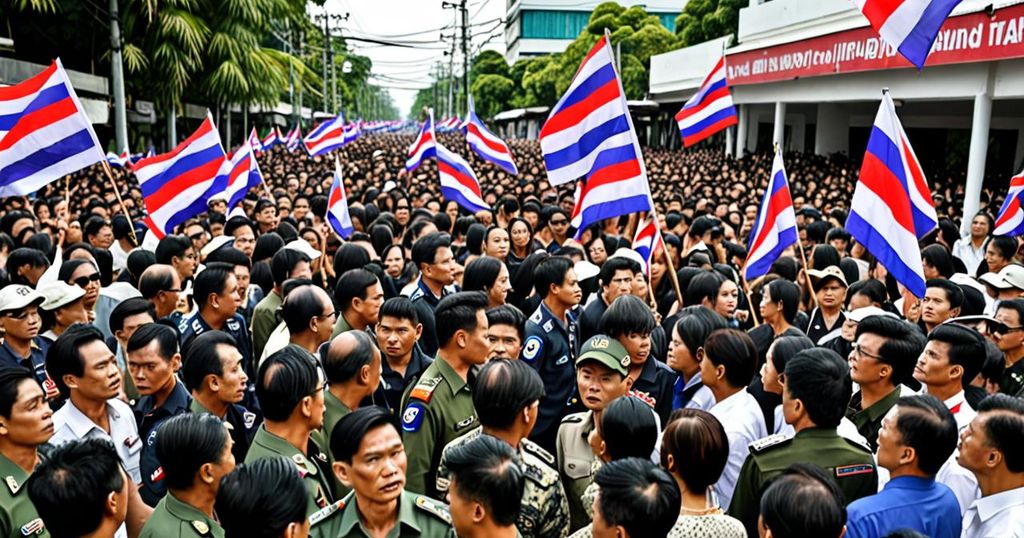The political landscape in Thailand has garnered significant interest and debate, particularly in light of recent events that have illuminated the complexities and nuances of the country’s grand compromise. The return of Thaksin Shinawatra and the legal challenges faced by Srettha Thavisin have raised questions about the stability and durability of the political arrangement that has been in place.
The return of Thaksin Shinawatra from exile in August 2023 and the subsequent election of Srettha Thavisin as Prime Minister seemed to signify a grand compromise between the establishment and opposition forces in Thailand. However, recent court cases and legal challenges have cast doubts on the strength of this compromise. The interconnected nature of these cases, alongside the perceptions of a secret deal, have led to speculation about the future of the political landscape in Thailand.
While some interpret these events as signs of the grand compromise unraveling, others view them as tests that demonstrate the enduring nature of the agreement between Thaksin and the conservative establishment. The legal challenges faced by both Thaksin and Srettha have sparked debates about their implications for the political situation in Thailand, raising questions about the potential outcomes of these cases.
Thaksin Shinawatra’s indictment on charges of lese majeste and computer crime, as well as Srettha Thavisin’s facing of charges in the Constitutional Court, have been at the center of these discussions. The potential consequences of these legal proceedings have sparked speculations about the future of the grand compromise and whether it is under threat.
It is important to consider the broader implications of these events and their significance in shaping the political landscape in Thailand. The dynamics between the establishment, opposition, and ruling parties, as well as the influence of key figures such as Thaksin and Srettha, are integral to understanding the evolving nature of the country’s political environment.
The developments in these court cases will ultimately shed light on the direction in which Thailand’s grand compromise is heading. The outcomes of these cases will determine whether the compromise is indeed unravelling or if it remains steadfast in the face of legal and political challenges.
Ultimately, the evolution of Thailand’s political landscape hinges on the interplay of various factors, and the results of these court cases will be pivotal in shaping the future of the grand compromise. As the country navigates through these complexities, it is crucial to closely monitor the unfolding events and their implications for the broader political dynamics in Thailand.
In conclusion, the recent events in Thailand have brought the intricacies of its political landscape to the forefront, igniting discussions about the nature and endurance of the grand compromise. The legal challenges faced by key political figures, as well as the perceptions of a potential unraveling of the compromise, have raised significant questions about the future of Thailand’s political environment. As the country moves forward, it is essential to analyze these developments in the context of broader political dynamics and their implications for the evolving landscape in Thailand.
Napon Jatusripitak
Visiting Fellow, Thailand Studies Programme
ISEAS – Yusof Ishak Institute

Leave a Reply